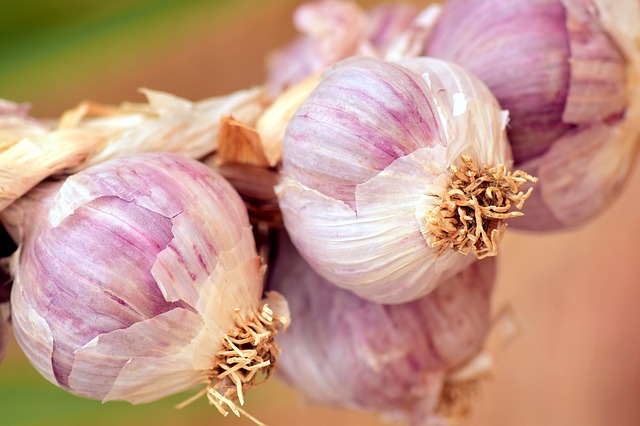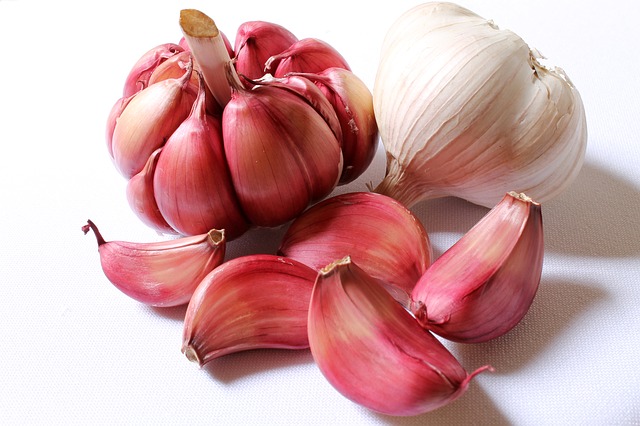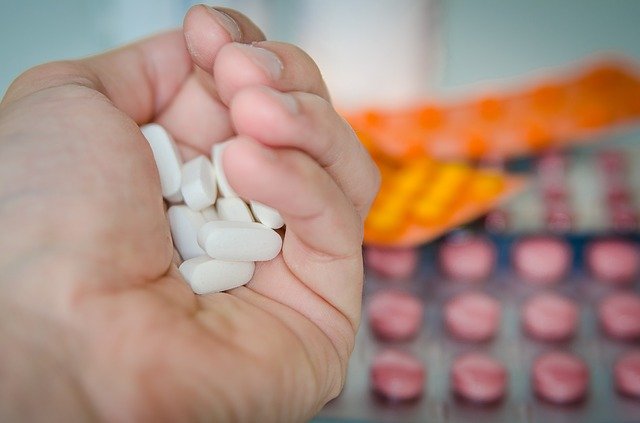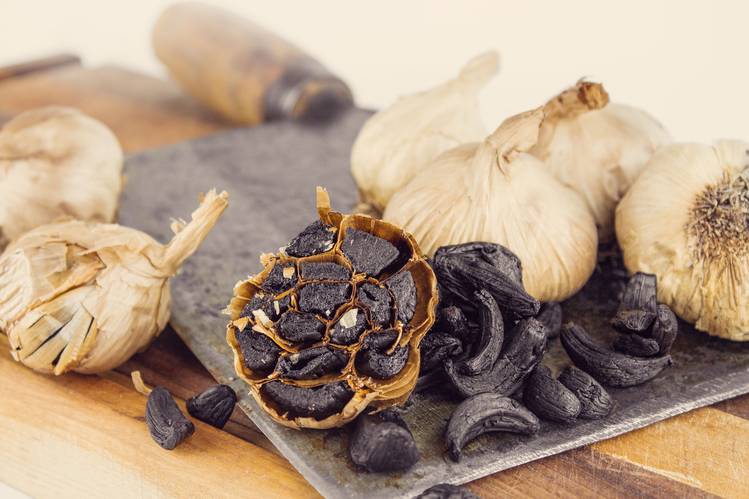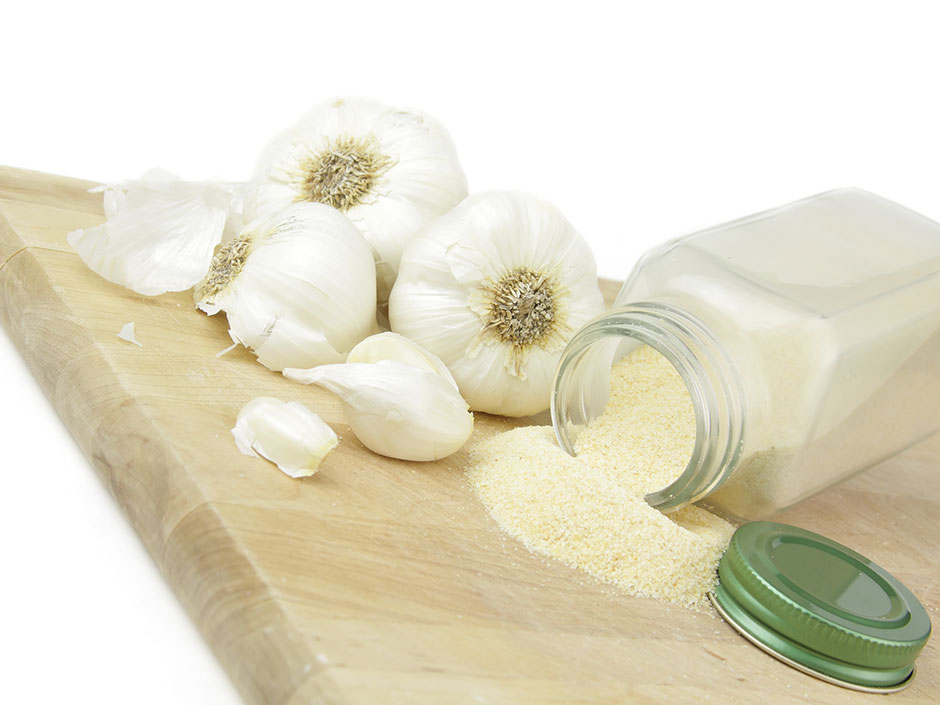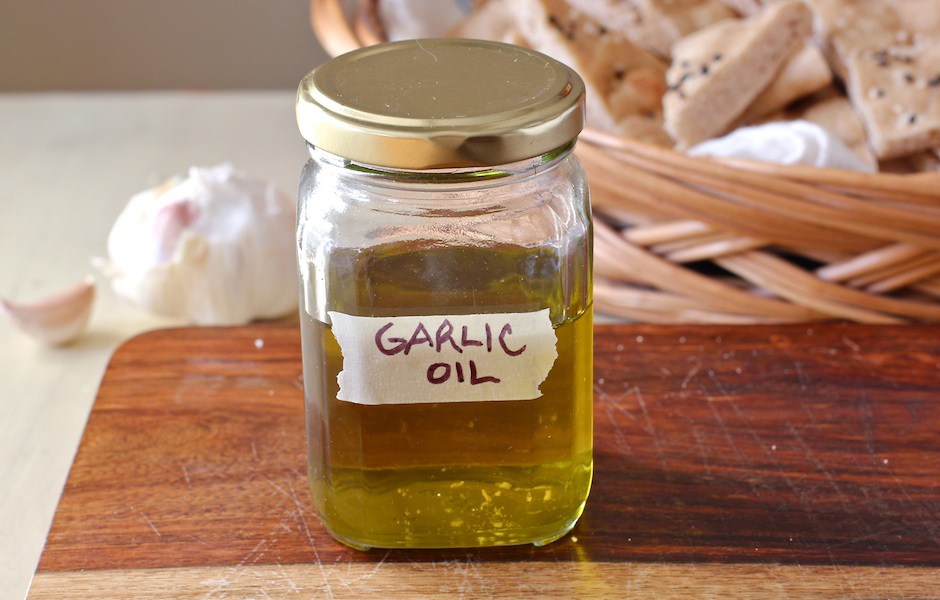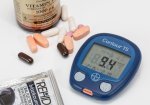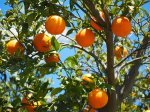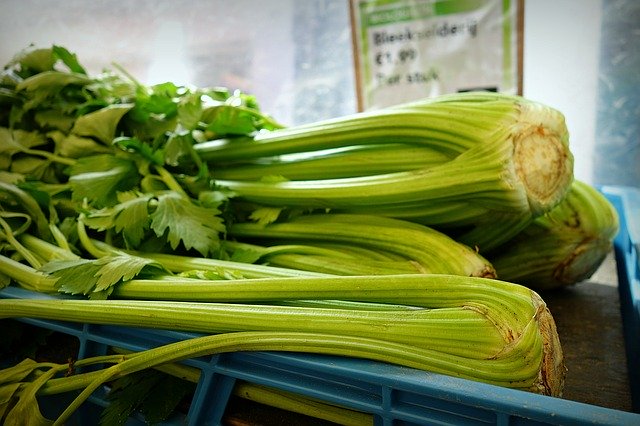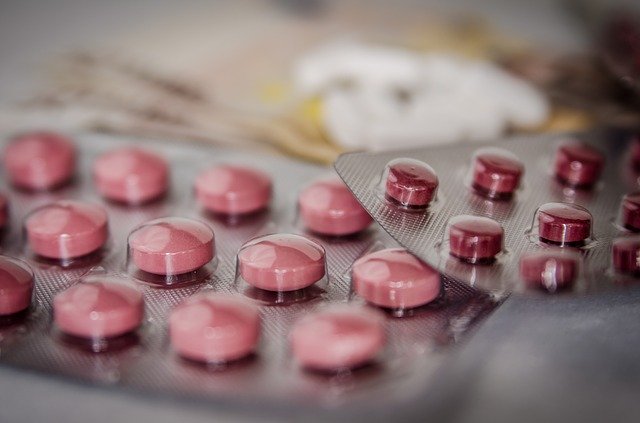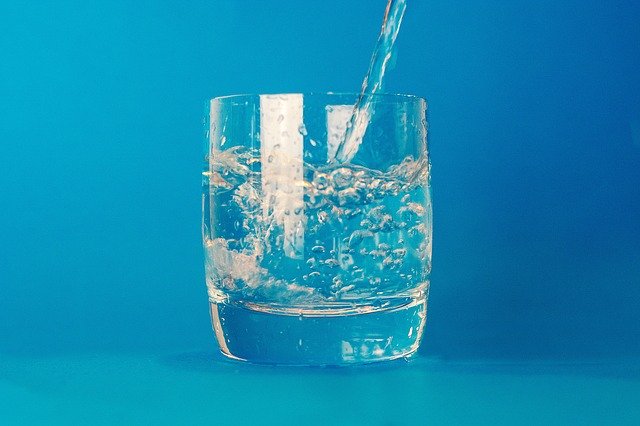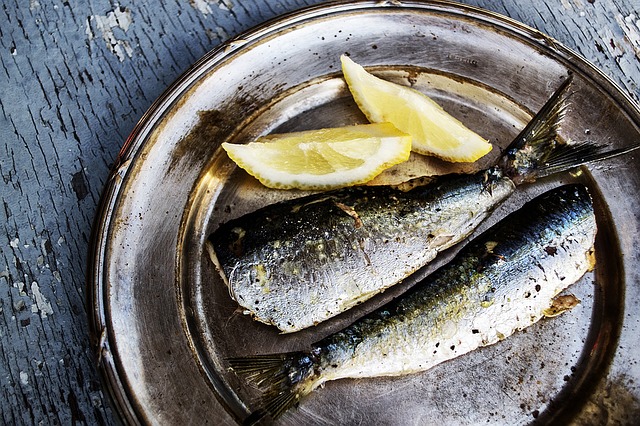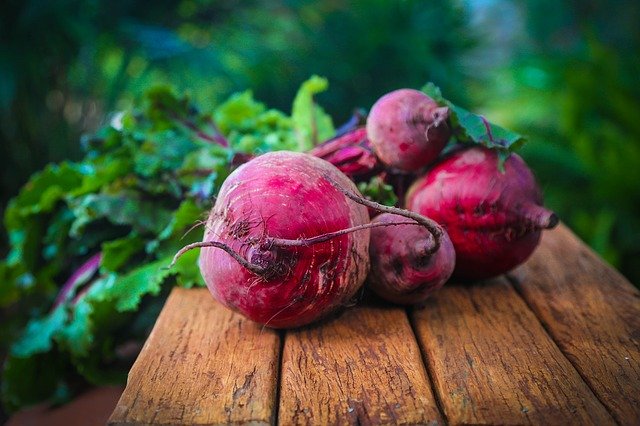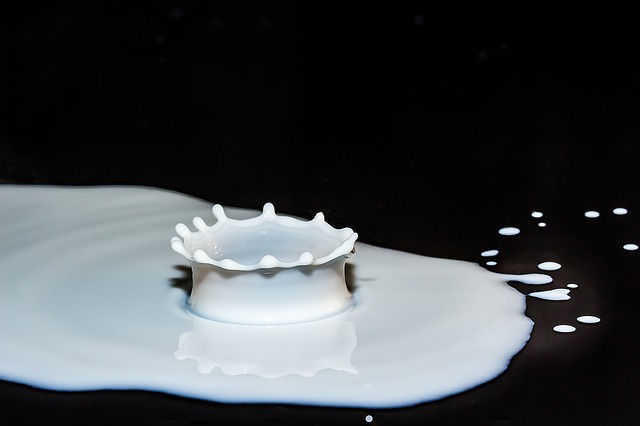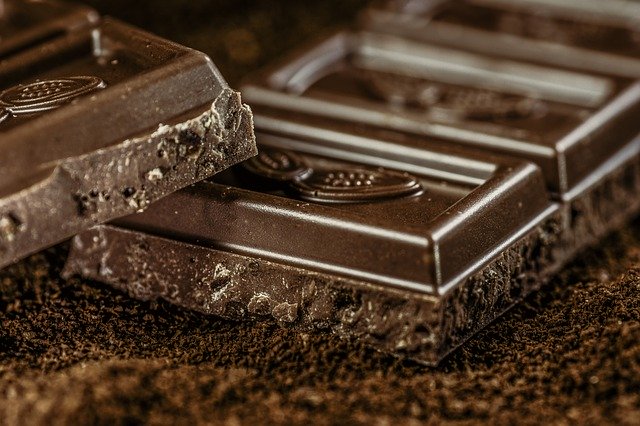Garlic and High blood Pressure, What You Need to Know
The link between garlic and high blood pressure dates back at least some 5000 years. References to garlic as beneficial to health are found in the Egyptian Ebers (1500 BC) and the Indian "Vedas” (1200–200 BCE).

Garlic health benefits are rooted deep in a wide variety of cultural practices all across the globe. Scientific evidence indicates that garlic indeed does lower blood pressure.
Garlic also known by its botanical name Allium sativum has not ceased to stimulate curiosity among hypertension researchers in particular, and pharmacologists and health practitioners in general.
Garlic is a herb whose powers transcends high blood pressure, working effectively as an anti-inflammatory agent, an antioxidant, antibacterial agent with hypocholesteremic and anti-cancer properties.
Consequently, the cross application and versatility of garlic makes it extremely popular such that as it is working to treat hypertension on one hand, it also benefits other aspects of human health over and above being a flavorful ingredient in food.
Also to consider is that the popularity of herbs for blood pressure such as garlic is an attempt to escape the uncomfortable side effects associated with anti-hypertensive medications.

Nevertheless, garlic for high blood pressure and other ailments, for that matter, is effectively usable in a variety of forms.
There is raw garlic, aged garlic, powder garlic, garlic oil, an aqueous extract of garlic and even garlic in supplement form. Different individuals would obviously have different preferences and circumstances influencing which garlic form to use.
In the meantime, science has also been actively considering the question of which garlic form is potent for treating high blood pressure.
As we answer the question, first here is what science has to say about the correlation between garlic and high blood pressure...
Scientific Studies on Garlic and High Blood Pressure
Study 1 - Garlic Preparations Effective in Lowering Blood Pressure
A 2008 study in BMC Cardiovascular Disorders (2008, 8:13) provided evidence that garlic preparations had an effect in reducing high blood pressure.
The report was of a meta-analyses of previous studies done between 1955 and October 2007. By analyzing data from a total of 11 of these previous studies, researchers were investigating any possible correlation to emerge between garlic and high blood pressure. The research focused on studies that had garlic-only preparations.
More than 280 people took real garlic preparations compared to roughly a similar number which took the placebo. Furthermore, the participants took 600 to 900 mg of garlic per day over a period of 12 to 23 weeks.
Accordingly, garlic accounted for a mean decrease in systolic blood pressure (top number) of 8.4 mm Hg and a diastolic blood pressure (bottom number) decrease of 7.3 mm Hg in people suffering from hypertension compared to those who were given a placebo.
Furthermore, the study found a significantly strong correlation between garlic and high blood pressure level reduction right at the beginning of individuals with hypertension taking the garlic. This finding seems to point to a dose dependent relationship between garlic and high blood pressure.
In the final analysis, the study found garlic preparations effective in reducing blood pressure. What was also more interesting is what the investigators described as the effect of garlic preparations on blood pressure in their findings.
They likened garlic effect on blood pressure as being in the same vicinity as that of well known high blood pressure drugs such as beta-blockers, angiotension converting enzyme inhibitors (ACEI) and angiotensin II type 1 receptor antagonists. Best of all, without many of the serious side effects associated with these drugs!
Study 2 - Garlic Better than Atenolol Anti-hypertensive Medication
This study was particularly very interesting to us because of its comparison of garlic and atenolol, a well known beta-blocker used to treat hypertension and heart problems.
Published in 2013 in the Pakistan Journal of Pharmaceutical Sciences (2013 Sep;26(5):859-63), the study assembled 7 groups named A to G with 30 participants per group. For the following 24 weeks, according to their groups, participants received garlic tablets, tablet atenolol and a placebo respectively.
Blood pressure values were taken at the start (week 0), at week 12 and week 24. In a dose dependent manner, researchers observed significant drops in both systolic and diastolic blood pressure in groups taking garlic compared to those on atenolol and the placebo.
All things considered, the study showed garlic to be superior to atenolol, a pharmaceutical drug for high blood pressure.
Study 3 - Garlic Healing Powers maybe Overrated
As if to break away from what now appears to be a predictable and well established outcome of finding garlic effective on blood pressure, a 2012 study published in the Cochrane Database of Systematic Reviews (2012, Issue 8. Art. No.: CD007653) would not confirm that garlic lowers blood pressure.
The rather odd study was a meta-analysis of two previous studies involving 87 hypertensive patients.
The study argued that the purported garlic induced decrease in blood pressure of about 10‐12 mm Hg and 6‐9 mm Hg on systolic and diastolic blood pressure, respectively, falls within known variability of blood pressure measurements. This variation of measurements, the researchers argued, masked the true extent to which garlic reduced high blood pressure if at all.

Furthermore, they concluded that there is insufficient evidence to conclude that garlic is potent enough to reduce the risk of death and cardiovascular prevalence in people diagnosed with hypertension.
All in all, the study poured cold water on any scientific suggestion pointing to a beneficial association between garlic and high blood pressure.
Even so, the study remains in the minority when all scientific studies generally confirming the high blood pressure benefits of garlic are considered.
As mentioned, garlic is available for use in its various forms. Hypertension researchers have also taken the opportunity to study the potency of some of the forms in which garlic is available. One such is aged garlic.
Aged Garlic and High Blood Pressure
Image Credit: GoutCareSouthAfrica
Aged garlic (shown above) is derived from the decomposition of fresh garlic over a period of nearly 2 years (20 months to be precise). For this reason, it is often a favorite among many due to its lack of the dreaded typical garlic pungent smell. Decomposed garlic has S-allylcysteine (SAC), a beneficial antioxidant.
A 2016 report published in Integrated Blood Pressure Control (2016; 9: 9–21) on the AGE at Heart trial showed that aged garlic extract is effective in the reduction of blood pressure. The beneficial relationship between aged garlic and high blood pressure was confirmed in peripheral and central blood pressure among people who had uncontrolled blood pressure.
For clarity, central blood pressure refers to blood pressure in the aorta, the huge artery out of the heart. On the other hand peripheral blood pressure refers to blood pressure in the brachial and radial arteries located in the upper and lower parts of the arm, respectively.
In addition, the study revealed that on top of being easily tolerated by users, aged garlic also improved stiffness of the arteries and further removed inflammation. For this reason, aged garlic could be used alone or as complimentary to blood pressure medications.

The Melbourne, Australia study which gave this insight involved 88 people with uncontrolled hypertension over a period of 12 weeks. The active group took a daily intake of 1.2 g of aged garlic extract laden with 1.2 mg of S-allylcysteine vs the placebo group.
Mean blood pressure drastically fell by 5 mm Hg in systolic blood pressure and 6.3 mm Hg in diastolic blood pressure compared to participants who took the dummy.
This level of effect of aged garlic on high blood pressure translates into significant results particularly when its considered that, according to other studies, a 4 to 5 mm Hg reduction in systolic blood pressure and a 3 to 4 mm Hg fall in diastolic blood pressure, at a population level, is linked to an estimated 8 to 20% reduced risk of cardiovascular prevalence and death.
The Melbourne study further established a pleasant result showing that the safety of aged garlic in treating high blood pressure extended as far as not causing any risk of bleeding in individuals taking blood thinning medications such as aspirin.
This forgoing study was in fact confirming results of another earlier clinical trail on aged garlic and high blood pressure which took place in Adelaide, Australia.
While the trial above was carried out in Melbourne in 2016, the earlier study with similar results involving some of the researchers had in fact preceded the Melbourne study. This was done in Adelaide, South Australia between August 2011 and March 2012.
The Adelaide study which was eventually published in the European Journal of Clinical Nutrition (2013 Jan; 67(1): 64–70), had a total of 79 participants with uncontrolled hypertension.
Participants were divided into groups of those taking one capsule per day of aged garlic extract for high blood pressure, another group taking 2 capsules, another 4 capsules and yet another group taking the placebo.
The Adelaide study correlated aged garlic and high blood pressure showing that taking two capsules per day of aged garlic extract of an equivalent 480 mg in extract and 1.2 mg of S-allylcysteine was the most optimal aged garlic dosage for high blood pressure.
Compared to the placebo group, the 2 capsule per day group dropped systolic blood pressure 11.8 mm Hg compared to 7.4 mm Hg in the 4 capsules per day group. There was no marked benefit in the one capsule per day group which took equivalent to 240 mg of extract and 0.6 mg in S-allylcysteine per day.
The researchers noted that the benefits of aged garlic on high blood pressure were directly related to the level of S-allylcysteine in the garlic extract the reason why the 1 capsule per day group did not gain anything in the trial. However, as the capsules increased in number it also became uncomfortable to ingest them on a daily basis.
In the final analysis, these Australian studies provide evidence that there is a significantly beneficial relationship between aged garlic and high blood pressure.
Garlic Powder and High blood Pressure
Image Credit: National Post
The link between garlic powder and high blood pressure has not been spared the necessary scientific scrutiny. This is part of the broader quest to build scientific evidence proving or disproving the association between garlic and high blood pressure.
First, in order to make garlic powder, fresh garlic is first dehydrated or dried and then ground up into powder. This is a fairly straightforward process which can even be done at home using peeled garlic cloves. However, the approach to making garlic powder maybe slightly different at industrial scale which is geared for commercial purposes.
Garlic powder can be used on food such as pastas and pizzas as seasoning, for example. At industrial scale it has also been turned into garlic powder tablets.
In medical science time-release tablets are pills that release the active ingredient slowly overtime once the pill has been ingested
The indications are that there is a beneficial correlation between garlic powder and high blood pressure. This is at least according to the Japanese journal Hypertension Research (2009 Jun;32(6):433-7). A 2009 study published in this journal determined that time-released garlic tablets were effective in treating hypertension.
Involved in the 8 week study were 84 males suffering from mild or moderate arterial high blood pressure. The group taking garlic powder tablets equivalent to 600 mg daily experienced both systolic and diastolic blood pressure drops of 7.0 mm Hg and 3.8 mm Hg respectively.
The researchers discovered that increasing the amount of the garlic powder tablets to 2400 mg daily did not offer any additional high blood pressure benefits. While the study gave insight into the efficacy of garlic powder on high blood pressure, it also tested the potency of garlic powder vs garlic supplements.
Garlic powder was found to be superior to garlic supplements in treating high blood pressure possibly due to the slow release effect of the tablets which ensured longer bioavailability in the system of the vasoactive elements found in the garlic powder.
Compared to the garlic on high blood pressure effect, the garlic supplements decreased systolic blood pressure by some 5.4 mm Hg but did not decrease diastolic blood pressure.
Such outcomes clearly demonstrate the deeper detail that must be keenly taken into account even as it is generally concluded that there is a useful link between garlic and high blood pressure.
While garlic has reportedly next non side effects, some studies have reported these discomforts associated with garlic: - abdominal swelling, heartburn, flatulence, and acid reflux
Garlic and High blood Pressure Mechanism
In view of all that can be said and what we have shared here about garlic on high blood pressure, it may be interesting for a moment to explain just how garlic is able to exude, as it were, such renowned high blood pressure healing powers.
A 2014 meta-analysis study published in the journal Nutrition Research (2014 Feb;34(2):106-15), out of New York, concluded that garlic and garlic derived bioactives possess medicinal powers beneficial to high blood pressure sufferers.
The investigation ferreted a huge data base of previous garlic and high blood pressure studies in search of the behind the scenes mechanism that makes garlic effective in treating hypertension.
A plausible biochemical action that leads to lower blood pressure following the use of garlic has been linked to garlic's constituents namely S-allylcysteine and allicin. These polysulfides are the active ingredients in garlic that are thought to stimulate the production of what has been referred to as hydrogen sulfide (H2S).
H2S is a gaseous chemical molecule which has anti-high blood pressure properties. It enhances the functioning of the endothelium through its influence on the release of nitric oxide (NO) into blood vessels. The endothelium itself is the thin inner lining of blood vessels which plays a crucial role in the health of blood vessels including the relaxation and constriction of the vessels.
Blood vessels are compromised when NO release is diminished, according to a report in the journal, Current Vascular Pharmacology (2012 Jan;10(1):4-18), examining the role of nitric oxide in endotholium function.

H2S and nitric oxide result in the relaxation of muscles lining the blood vessels which in turn facilitates vasolidation and thereby reducing blood pressure. One of the most understood mechanism behind hypertension is that constricted blood vessels are key to increased blood pressure.
To better understand how it works, it's akin to forcing water through a tiny watering hose when watering the garden. This necessarily increases the pressure of the water inside the hose and coming out the other end compared to using a wider watering hose.
Be that as it may, studies suggest there is no way of escaping dietary implications on the development and treatment of hypertension. In this regard, science seems to suggest that a considerable number of dietary and genetic factors influences the working efficiency of H2S and NO signaling pathways which contributes to the prevalence of high blood pressure.
Following this logic, garlic finds its relevance in high blood pressure treatment by facilitating a better environment for H2S and NO in the blood vessels. This closer look at exactly how garlic remedies hypertension reveals the complex association between garlic and high blood pressure.
With some degree of appreciation of how garlic interacts with blood pressure, we conclude this article by considering the implications of garlic on high blood pressure medication...
Garlic and High blood Pressure Medication
Image Credit: Thewimpyvegetarian.com
The association between garlic and high blood pressure medication is worth being aware of due to the potential risks that exist.
As stated earlier, some studies have concluded that garlic has the same effect on blood pressure as some hypertension medications such as beta-blockers and ACE inhibitors.
Garlic interaction with anti-hypertensive medications is a reality that must be observed at all times. There are more than a single scenarios that may occur when garlic is taken together with high blood pressure medication.
Since garlic lowers blood pressure, there is a danger of blood pressure lowering abnormally were both anti-hypertensive medications and garlic are administered concurrently. In such cases garlic may result in hypotension.
One way of going around this problem is avoiding taking too much garlic when also taking medications for high blood pressure. To get it right may require involvement of a physician.
Another possibility is that garlic, particularly garlic oil, may reduce the effectiveness of drugs particularly those that rely on the liver to break them down.
According to RXLIST, garlic oil has been shown to interact with the liver with the end result of slowing down the breaking down of drugs in the liver. Furthermore, this compromise caused by garlic may also increase the side effects of the drugs concerned.
While we have reported earlier that in one study, garlic was shown to go alone well with blood thinning drugs such as aspirin, it should remain on the radar that garlic carries a risk when used in combination with such thinning medications. Garlic slows down blood clotting which presents a risk of bruising and bleeding.
The interaction between garlic and high blood pressure medication is also found between garlic and medications for HIV/AIDS. Taking garlic may reduce the amount of of these drugs finding its way into the blood stream thereby reducing its effectiveness.
According to Drugs.com over 300 drugs represented by over 1000 brand and generic names are known to interact with garlic. The good news is that about 220 of the drugs are considered as having minor interactions. Overall, though not to cause panic, it calls for close reading of medication information before commencing with administration.
[Last updated: 04 November 2017]

|
|
Alcohol and Blood Pressure |
Return To How To Treat Hypertension From Garlic And High Blood Pressure
Return To Hypertension Home From Garlic And High Blood Pressure
Disclaimer
Information contained on this website is not meant to replace your doctor's advice.
(c) All Rights Reserved. 2010-2018
